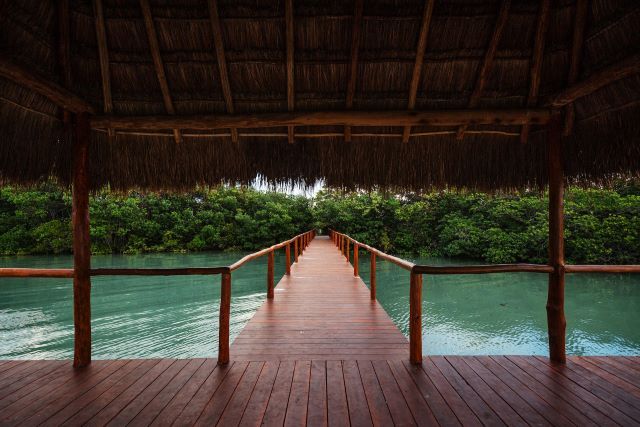Cancun Eco-Tourism Experiences: A Guide to Sustainable Travel
Discover the best eco-tourism experiences in Cancun, from exploring the Sian Ka'an Biosphere Reserve to swimming in cenotes and supporting local conservation efforts. Learn about eco-friendly accommodations, sustainable dining, and responsible travel tips.





